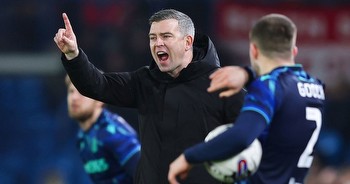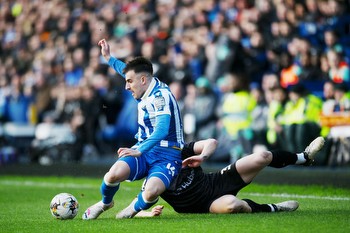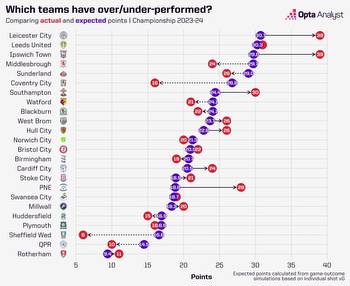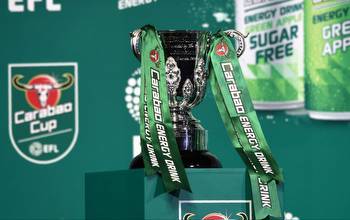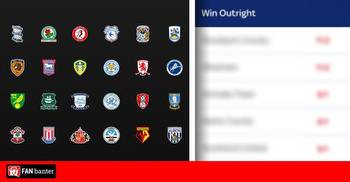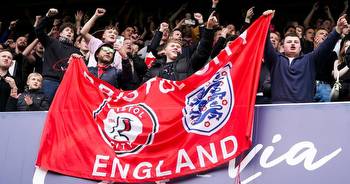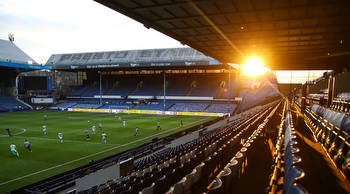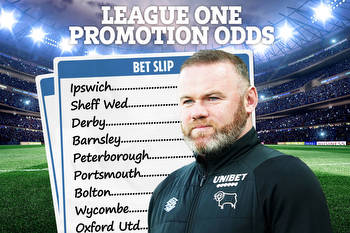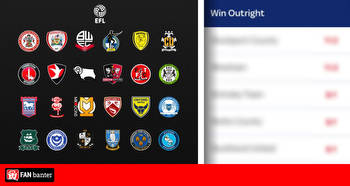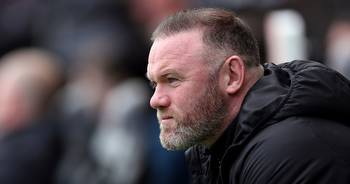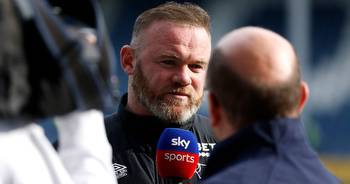Plymouth Argyle's fall and rise has resulted in a club being run the right way

Plymouth Argyle will be back in the EFL Championship next season for the first time since 2010, but they’ve had a fall and rise since then.
Sometimes the numbers just don’t add up. In recent years, League One has become the railway junction of English football, the point at which the ambitions of clubs who’ve fallen on hard times in higher divisions run head-first into those who’ve risen from below, where names with grand histories such as Ipswich Town, Sheffield Wednesday, Derby County, Bolton Wanderers and Charlton Athletic face off against Forest Green Rovers, Accrington Stanley, Fleetwood Town, Burton Albion and Morecambe, clubs who have scrapped their way up from the non-league game.
Plymouth Argyle sit between these two extremes. Plymouth haven’t played non-league football since they became part of the influx of southern clubs into the Football League in 1920, but neither have they ever sampled the delights of top-flight football. The city remains the biggest in England never to have had a team in the top division. Indeed, the entire county of Devon has never been represented at this level. But the possibility of that run coming to an end is now a step closer again after Argyle won promotion to the Championship, just a year after a huge disappointment.
Plymouth had led the League One table for a few weeks during the autumn of 2021 and were still hanging on to a play-off place by the very last round of fixtures. But on the last day of the season, having been in the top six since February, they crashed, beaten 5-0 at home by MK Dons and pipped to the final play-off place at the last by Wycombe Wanderers. It was the sort of result that has the potential to be psychologically devastating for a football club, an otherwise successful season undone at the last.
But Plymouth bounced back, and a 1-0 win against Burton Albion at Home Park on Saturday was enough to see them return to the Championship for the first time in 13 years with a game to spare. This run to the top of the table came very much against the odds. Of the other nine clubs in the division’s top ten, eight have previously played Premier League football. Overcoming the disappointment of the end of last season and getting promotion ahead of Ipswich, Sheffield Wednesday and Derby County is no mean feat.
Like so many other clubs at this level of the game, Plymouth Argyle have had their share of financial issues over the years, but following their last relegation from the Championship in 2010 these problems crystallised into a full-blown crisis which might have killed the club altogether. At the start of March 2011 the club had to enter into administration over the non-payment of a winding-up petition that had been presented against the club by HMRC in relation to an unpaid tax bill.
The move into administration laid bare the extent of the club’s financial woes. The club’s bank account was frozen with a £300,000 overdraft. Players and staff needed paying for the end of the previous month. The club had £3.6m in trade creditors and, according to the former Leeds United chairman Peter Ridsdale (who’d arrived at the club as an unpaid advisor at the end of the previous year), was £13m in debt and needing somewhere between £4m and £5m just to get through to the end of the season.
Plymouth got there, but even though players and staff deferred their wages while negotiations with potential new owners continued, the ten-point deduction that they’d picked up for entering into administration was enough to relegate the club into League Two, with relegation being mathematically confirmed in their penultimate match of the season. Had they not been deducted those points, they’d have finished on 52, in 19th place and four points above the drop.
Matters didn’t improve over the summer. Nine out-of-contract players were released at the end of June as takeover talks rumbled on, and while Plymouth started their 2011/12 League Two season with a draw at Shrewsbury, they then lost their next eight successive matches to drop like a stone to the bottom of the table. At the start of September, the players threatened to go on strike over still unpaid wages. Manager Peter Reid, who’d sold his runners-up medal from the 1986 FA Cup final to help to keep the club afloat, was sacked.
A takeover bid from a group fronted by the Truro City chairman Kevin Heaney was rejected by the Football League, to the relief of supporters who didn’t believe that Heaney had the money to run the club. Heaney’s plan had been to buy ground and land adjacent to it, handing the running of the club itself over to Ridsdale for a nominal sum. Supporters were already fully aware of Ridsdale’s record at Leeds, Barnsley and Cardiff and who were suspicious of a property developer who wanted the ground but not the club breathed a sigh of relief. Heaney was declared bankrupt the following year.
Plymouth were eventually sold to James Brent’s Akkeron Group, but it was complex and, although originally agreed at the end of September, took a month to complete, with part of the deal being for Home Park to be sold to the local council for £1.6m and replaced with an annual rent of £135,000 a year, with covenants restricting how the land immediately surrounding the ground could redeveloped being lifted. Brent finally passed the Football League’s checks on the 28th October, and Plymouth finally exited administration three days later, bringing a tortuous eight months to a close.
Even then, it took a while for their fortunes to start to turn around. Plymouth finished the 2011/12 season in 21st place in League Two, just two places and two points above relegation into the non-league game. It was the lowest league position they’d managed since joining the League 92 years earlier. The following season they finished 21st for a second season in a row. It was the fifth consecutive season that they’d finished 21st or lower in whichever division they happened to be playing in at the time.
But improvement did come. The club repurchased the freehold to Home Park in 2016, and two years later they returned to League One as runners-up to Portsmouth after two unsuccessful cracks at the play-offs. Early in the their first season back in League One Brent took a step back from the running of the club, passing it on to the Plymouth-born but American-based businessman Simon Hallett, who’d been investing for the previous two-and-a-half years and who’d become vice-chairman in the process. Plymouth were relegated back to League Two in 2019, but returned at the first attempt the following season.
Back in 2023, they have spent the season as the underdogs in a three-horse race for the two automatic places with Ipswich Town and Sheffield Wednesday, but still managed to get themselves promoted with a game to spare. It’s been a long and torrid journey at the top of the League One table. All three of these teams have been excellent, and Sheffield Wednesday can reasonably consider themselves aggrieved to have been condemned to the play-offs despite having more than 90 points. They may yet end the season on 96. Doubtless Notts County will send their sympathies.
Under manager Steven Schumacher, who arrived at the club as assistant to Ryan Lowe from Bury in 2019 and was appointed into his first managerial position when Lowe left for Preston North End in December 2021, Plymouth have been extremely easy on the eye this season. But this is a club that is also being run in the right way in other respects. Last month alone, they were placed 5th in the new Sport Positive Leagues EFL Sustainability Rankings, which measure the sustainability efforts made across the three divisions of the League.
They also EFL Community Award for League One, with the League citing, ‘Plymouth Argyle’s Project 35 [which has] has seen 30,000 meals provided to those in need and over 2.6 tonnes of food donated to local food banks in response to the cost-of-living crisis.’ These are both outstanding examples of a football club leading by example, and supporting the community that, in a very literal sense, supports them. All this and a winning team, too.
The EFL Championship is not always the happiest of places for newly-promoted clubs, though only one of the four teams currently battling the drop there with a game to go were promoted at the end of last season. But if the momentum is right and the team can maintain its key players throughout the summer and augment them, if possible, then there’s no reason why they shouldn’t be able to hold their own.
And fans might even dream a little higher. After all, at the end of the 2011/12 season, the year that Plymouth Argyle collapsed into administration and were relegated as a result of the ten-point deduction they incurred because of that, the top two teams in League One were Brighton and Southampton, while Bournemouth finished in sixth place. After the season they’ve had, Plymouth supporters may well feel entitled to believe that anything is possible.

